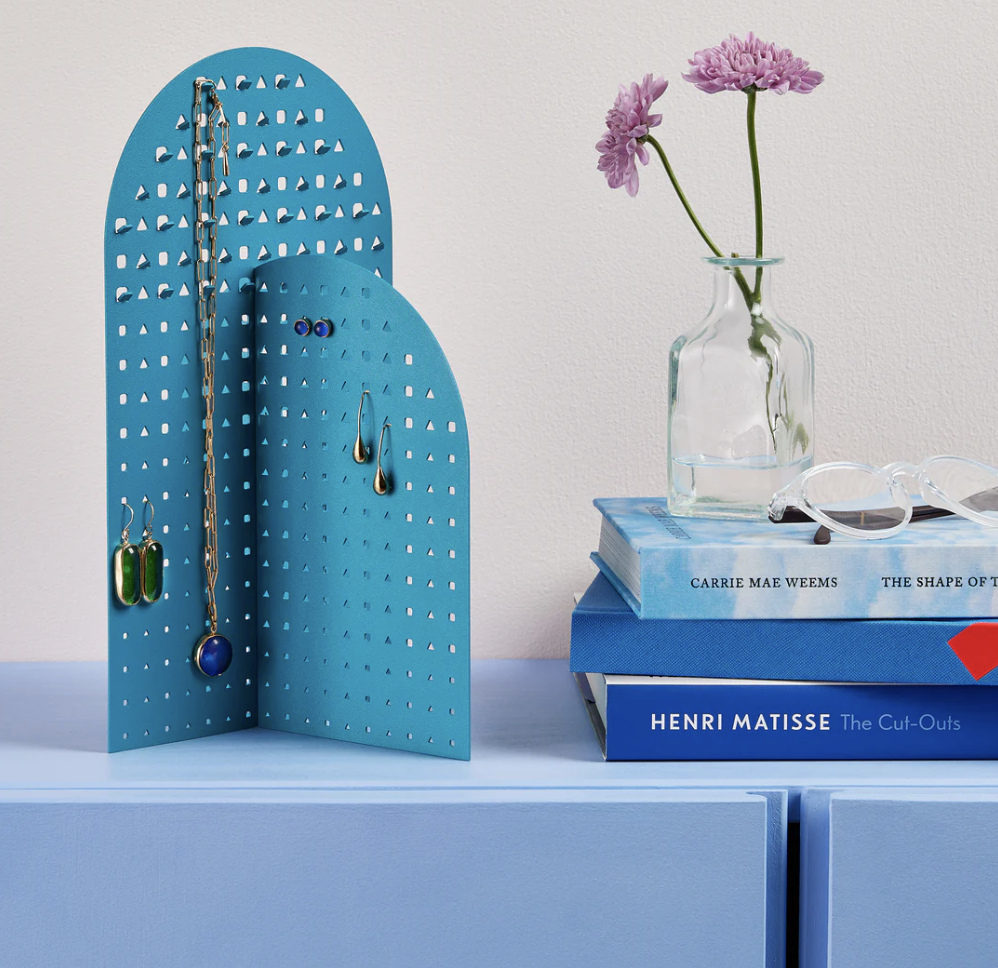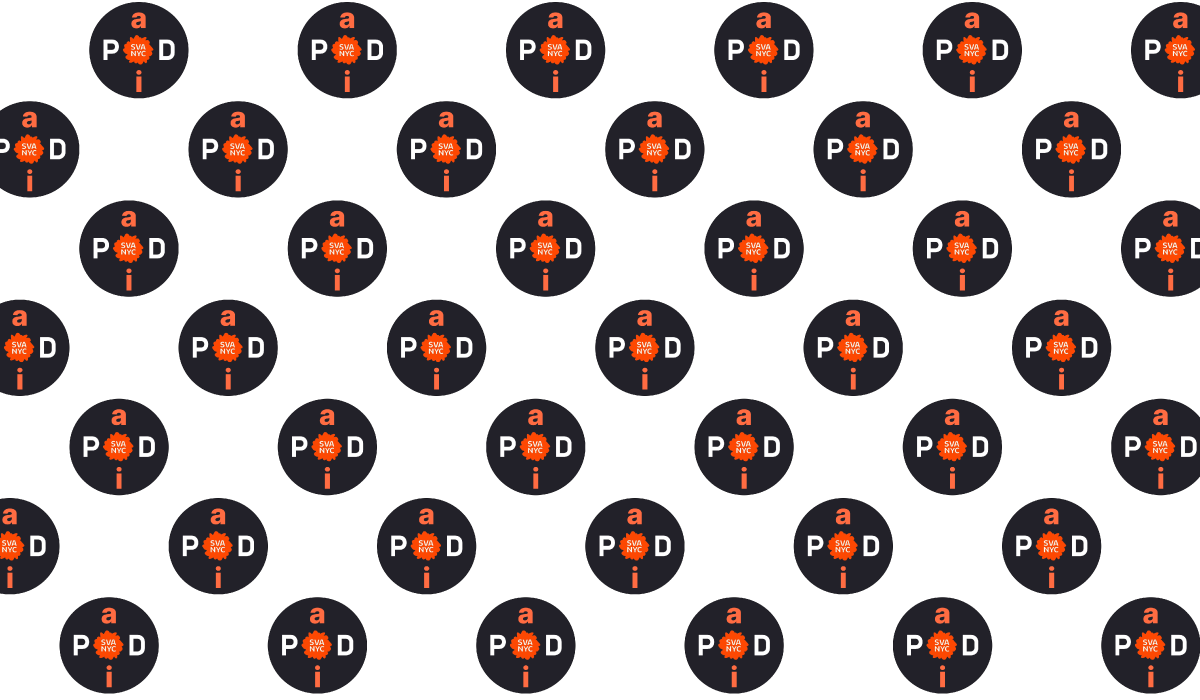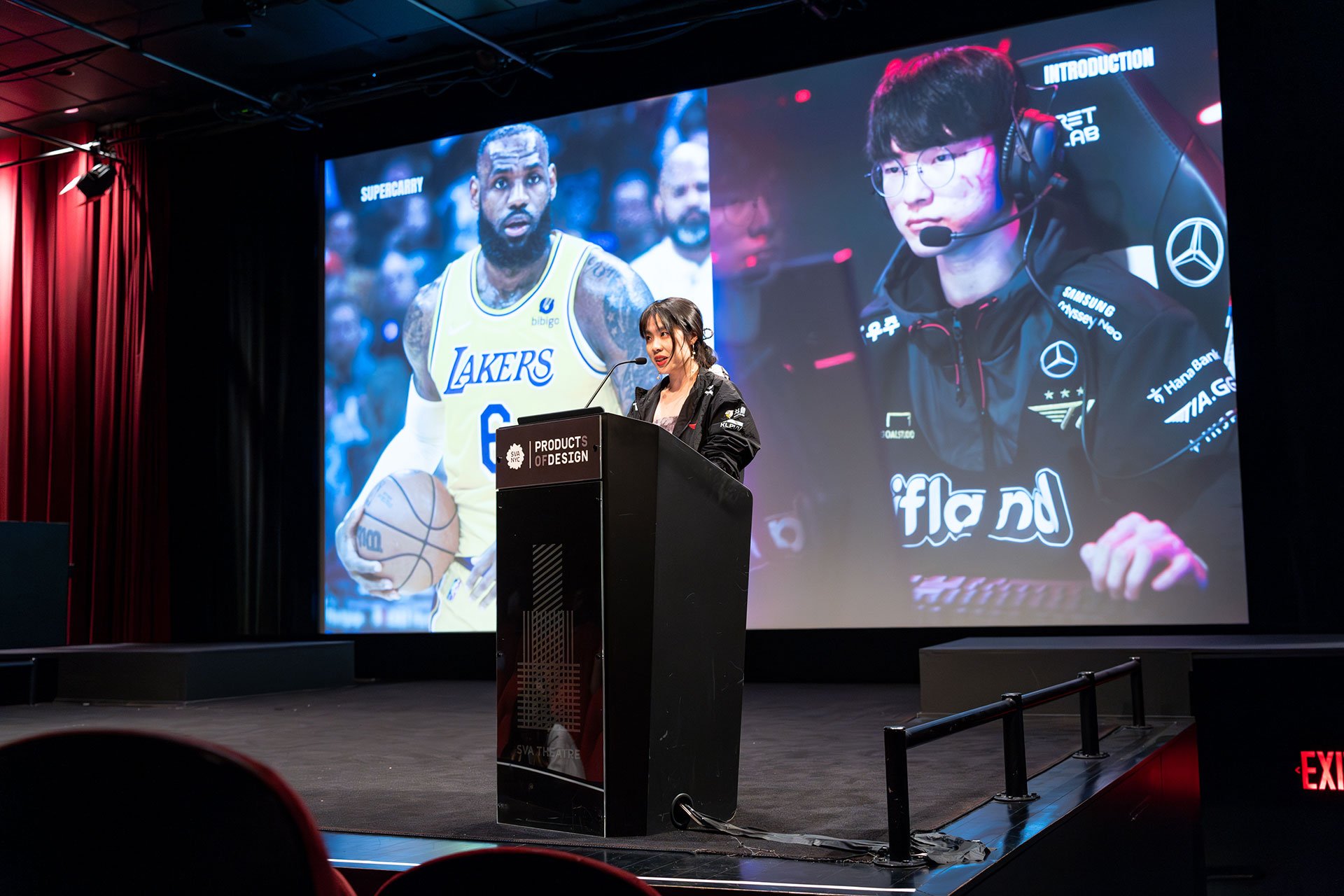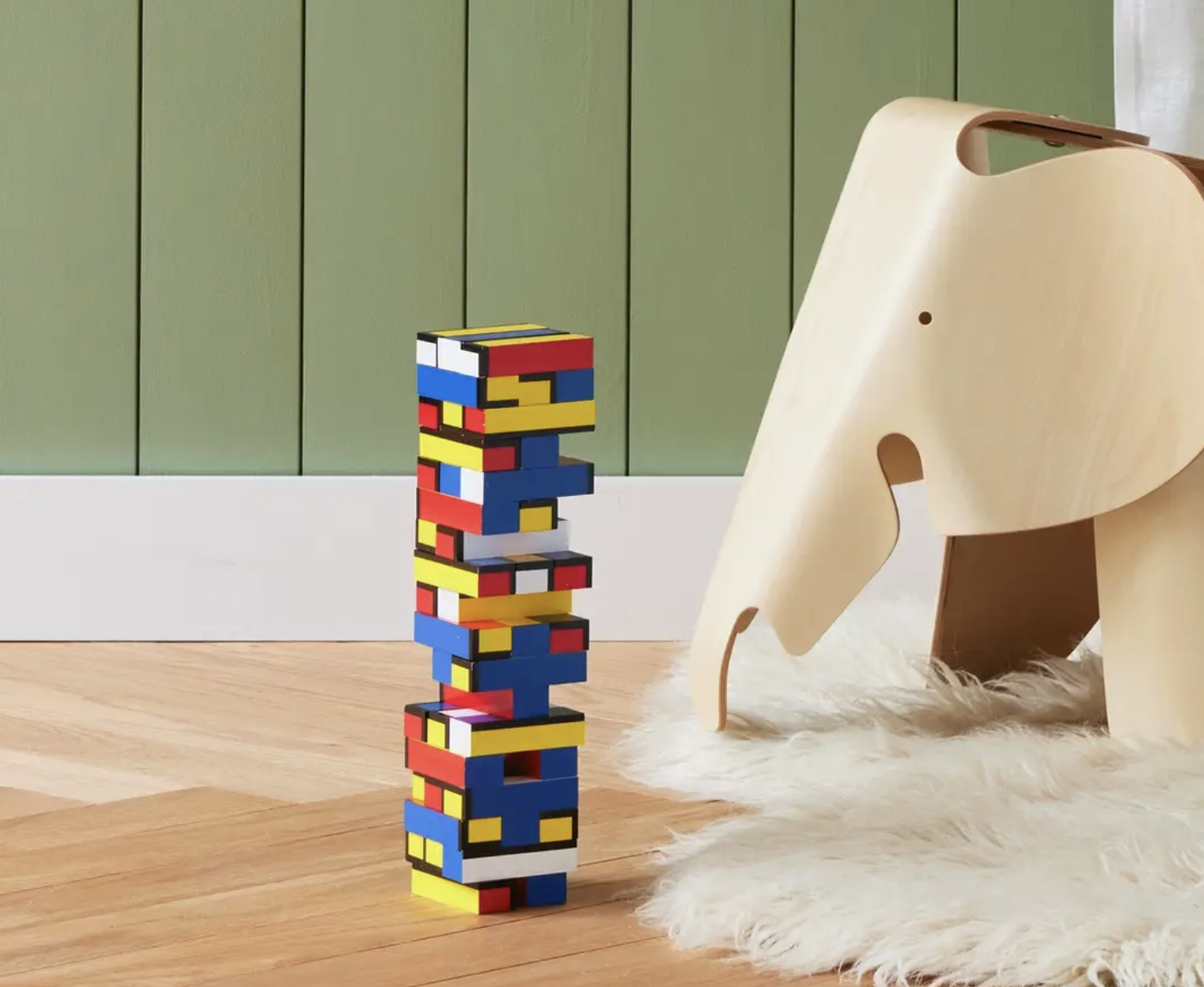Department Blog
Department news, events, and snapshots of student life at SVA in New York City.
Rolling admissions still open!
〰️
Rolling admissions still open! 〰️
Featured Posts
All Blog Posts

MASTERS THESIS: It's Chinese To Me, by Lusha Huang
Lusha Huang’s master’s thesis, It’s Chinese to me: Luck and Cultural Empathy, explores the disconnect between Chinese an American culture. As a Chinese student in an international design department, Lusha enthusiastically took on the role of messenger—eager to share her country’s tradition and philosophy with others. Her over-arching goal is to build a cultural bridge, fostering understanding between Americans and Chinese. Central to her thesis is the theme of luck, which dates back to ancient China and has always been extremely important to Chinese culture.

MASTERS THESIS: Things, by Elisa Werbler
Elisa Werbler’s master’s thesis, Things, explores how we ascribe value to our everyday possessions. It examines the things we cherish from our past, the things that signify our relationships with others, the things we consume, the things we share, and the things we can’t bear to part with. Western society suffers from an affliction known as “loss-aversion”—the pain of losing something is greater than the pleasure of gaining something. This term, coined by world renowned psychologist Daniel Kahneman, goes hand in hand with what’s known as “the endowment effect”—the idea that something is more valuable to you than anyone else, simply because it’s yours. The combination of these two ideas led Werbler down a path of trying to pinpoint the exact moment when a decision is being made about something, whether it is in anticipation of a purchase, or an attempt to let go.

MASTERS THESIS: The Spectacle, by Brandon Washington
Brandon Washington's master's thesis, The Spectacle, is an investigation into Guy Debord's theory of the same name and how it relates to contemporary society. The spectacle is a communication tool that employs fantasy in order to sell the idea of how we should live our lives, and what we should aspire to be.

MASTERS THESIS: Her Sense: Women, Technology and Intervention, by May Shuchang Sun
May Shuchang Sun's master's thesis, Her Sense: Women, Technology and Intervention, is aimed at helping women in the workplace by creating technology that builds confidence. The thesis work grew from her initial question: "How can we build and strengthen the relationship that women have with technology?"

MASTERS THESIS: The Void: Finding Value in Nothing, by Lucy Knops
The objective of Lucy Knops' master's thesis, The Void: Finding Value in Nothing, was to reframe the "role of absence" in people's daily lives. She began on a conceptual level by asking simple questions: What if nothing could be something? What if we could add to our lives by taking away more?

MASTERS THESIS: "I Was There When", by Eliz Ayaydin
Eliz Ayaydin's master's thesis, I Was There When, explores how people deal with traumatic memories-specifically, mental relief following natural disasters. Arguing that "at base, designers make sense of messes," Ayaydin set herself the challenge of making sense of one of the most unexpected and uncontrollable messes there are.

MASTERS THESIS: Kona: Changing Perspective on Learning in India, by Vidhi Goel
Vidhi Goel's master's thesis, Kona: Changing Perspective on Learning in India, challenges the structure and effectiveness of the current curriculum and public school system in India. She believes that "learning should empower children and liberate them from mental barriers and social crutches."

MASTERS THESIS: Grey Space, by Lance Green
Lance Green's master's thesis, Grey Space, is a study focused on the interstitial spaces in which we often find ourselves working, and on our ability to adapt to new or unfamiliar working environments.

MASTERS THESIS: Shift: A Proposal to Lift Community Morale, by Andrés Iglesias
Andres Iglesias' master's thesis, Shift: A Proposal to Lift Community Morale, explores two principal ideas: the power of optimism to change the way a group of people see their immediate surroundings, and how searching out "the good" in one's environment-rather than focusing on the flaws-can be crucial for developing a sense community.




